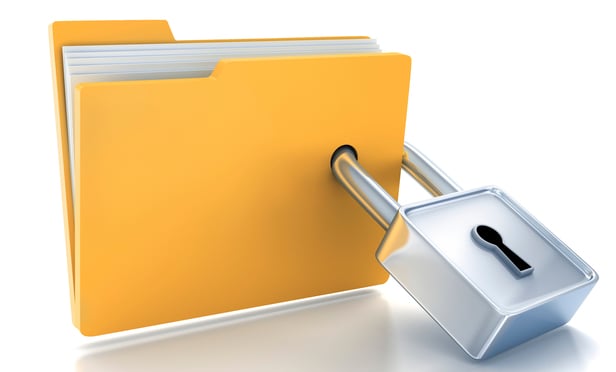In the last six years, the U.S. Occupational Safety and Health Administration (OSHA) has substantially increased its citation of willful and repeat violations and initiated its aggressive “Severe Violator Program.” As a result, employers’ self-auditing efforts—which are designed to identify and address compliance issues before OSHA does—have become increasingly important. Unfortunately, OSHA has heightened the risk of self-auditing by more frequently seeking audit results during inspections. When the employer has been unwilling to voluntarily produce these materials, OSHA has not hesitated to issue a subpoena.
The most valuable tool now available to employers in their efforts to resist OSHA’s demands for audit materials is the attorney-client privilege. To appreciate the value of the privilege, it is important to consider OSHA’s position on self-auditing. In 2000, when OSHA adopted its policy on employer self-audits, it recognized that auditing is a worthwhile activity and represented that OSHA would “not use such reports as a means of identifying hazards upon which to focus inspection activity.”
This content has been archived. It is available through our partners, LexisNexis® and Bloomberg Law.
To view this content, please continue to their sites.
Not a Lexis Subscriber?
Subscribe Now
Not a Bloomberg Law Subscriber?
Subscribe Now
LexisNexis® and Bloomberg Law are third party online distributors of the broad collection of current and archived versions of ALM's legal news publications. LexisNexis® and Bloomberg Law customers are able to access and use ALM's content, including content from the National Law Journal, The American Lawyer, Legaltech News, The New York Law Journal, and Corporate Counsel, as well as other sources of legal information.
For questions call 1-877-256-2472 or contact us at [email protected]






